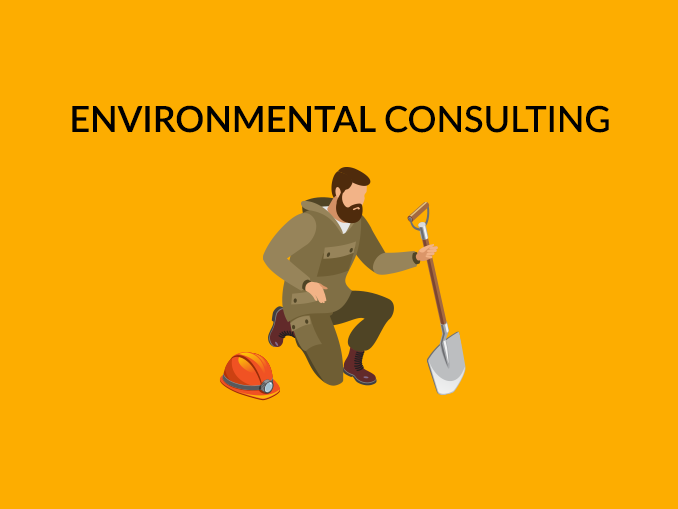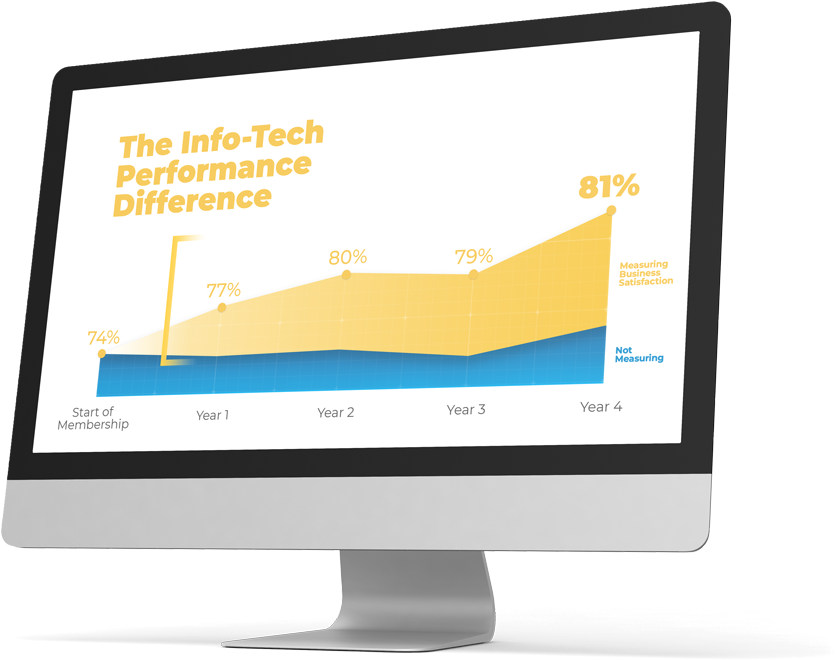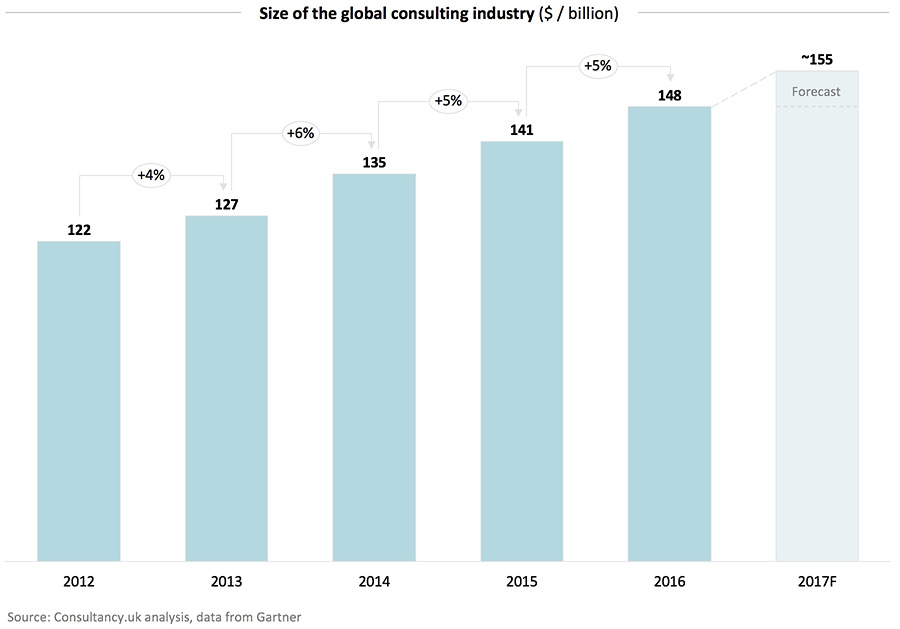
You're looking for an environmental consulting job in Hawaii? This career requires an engineering and environmental background. PSC personnel are familiar with Hawaii's most important projects. They offer a wide range services for private developers and state and federal agencies as well as institutions.
Average salary
An average salary for an environmental consultant is $66,796. This salary may vary by location, years of experience, and skill level. Hawaii is 7th in the ranking of states that offer salaries for Environmental Consultants. This is calculated by ERI using actual data on housing sales and effective income tax rates.
There are many different types of jobs for environmental consultants. Some consultants focus on planning and assessments, while others may opt to lobby for environmental laws and take the lead in remediation efforts. Either way, these jobs offer a steady paycheck and a rewarding career path.

Locations
The development of Hawaii's economy is dependent on the expertise of environmental consultants. They play a key role in the design, development, implementation, and maintenance of complex projects. They work with local and regional natural resource teams. This position offers career opportunities and increasing levels of responsibility. They usually report to the Honolulu office manager. They support many clients and work on projects in the Hawaiian Islands.
Hawaii has many environmental consultants that are involved in various projects. These projects range from infrastructure development to municipal development. A lot of these projects require the assessment of a site’s environmental history. These professionals inspect the site and interview people who are knowledgeable about its history to determine if it is dangerous. They also perform file searches with public agencies.
Education necessary
For an environmental consultant in Hawaii, there are two types of education. The first is the Bachelor's, which provides an in-depth understanding of a subject. The second type of degree is more technical and requires more training in scientific methods. It is important to be able work independently or in a group and have great interpersonal skills. A strong analytical skill is also essential for environmental consultants.
The pay scale for environmental consultants varies depending on what company they work for. While a bachelor's degree is generally enough to secure a position, some employers prefer candidates with a master's degree in environmental science. This type of degree can be especially useful if you are interested in the development and promotion of a specific area. For a job as an environmental consultant, you must have at least five-years of experience. For the best experience, you should consider working in an entry position in a relevant area. This will allow you to gain valuable data analysis and collecting experience.

Job outlook
The average salary of an Environmental Consultant in Hawaii, however, is $29,485. It can vary depending on skill level, geographic location, and years of experience. The state ranks seventh in the United States for environmental consultants, but there are very few companies hiring in Hawaii, which means that job opportunities are limited. You should also think about the cost-of-living when thinking about moving.
Environmental specialists are expected to have more jobs, many of which will be in state and local governments as well as other consulting firms. They are responsible for identifying and recommending solutions to environmental problems. They may work in teams, or independently. They should be flexible and possess excellent communication skills.
FAQ
What happens when the consultant finishes the job?
After the consultant completes the work, s/he will submit a final report detailing the results of their work. This report will include project timelines and deliverables as well as any other relevant information.
Next, you will review the report and determine if the consultant has met your expectations. If it does not, you can ask for changes or terminate the contract.
What skills do I need for consulting?
As a consultant, you should have both strong interpersonal skills and analytical skills. This is vital because you may not understand the scope of your work. You must learn how to manage people and solve problems quickly.
Excellent communication skills are also essential. Clients expect a response within 24 hours. If they don't hear anything, it is likely that they aren't interested in you. It is vital to inform them and make sure that they are fully informed.
How do you choose a consultant to help me?
There are three major factors you should consider:
-
Experience - How experienced is this consultant? Is she a beginner? Intermediate? Advanced? Expert? Does her resume reflect the knowledge and skills she has?
-
Education – What did this person learn at school? Did he/she take any relevant courses after graduating? Do we see any evidence of this learning in the way he/she writes?
-
Personality: Do you like this person or not? Would we hire him/her to be our employee?
-
These questions will help us determine if the consultant is right to meet our needs. If you do not have the answer, it is worth interviewing the candidate to find out more.
Is it necessary to pay taxes on consulting income
Yes, tax will be payable on any consultancy profits. The amount of your earnings per year will determine the tax payable.
If you're self-employed, you can claim expenses on top of your salary, including rent, childcare, and food.
But you won't be able to deduct interest payments on loans, vehicle depreciation, or the cost of equipment.
You can only claim back 25% of your expenses if you earn less than PS10,000 a year.
Even if you earn more than the threshold, you could still be taxed depending upon whether you are classified as a contractor and/or employee.
Employers are taxed via PAYE (pay as your earn), and contractors through VAT.
What is the secret to modern consulting?
Consultants were originally accountants who could help companies manage their financial affairs. Because they were skilled in managing financial information, they became "accounting consulting". They soon expanded their roles into other areas like human resources management.
The French word "to advise" is the origin of the term "consultant". It was first used by businessmen to refer to someone who could give advice about how to run an organisation. Even today, many business owners still use "consultant" when referring to professional advisors.
Statistics
- Over 50% of consultants get their first consulting client through a referral from their network. (consultingsuccess.com)
- According to IBISWorld, revenues in the consulting industry will exceed $261 billion in 2020. (nerdwallet.com)
- Over 62% of consultants were dissatisfied with their former jobs before starting their consulting business. (consultingsuccess.com)
- "From there, I told them my rates were going up 25%, this is the new hourly rate, and every single one of them said 'done, fine.' (nerdwallet.com)
- On average, your program increases the sales team's performance by 33%. (consultingsuccess.com)
External Links
How To
What is a typical day for a consultant?
Each type of work will dictate the day's pace. However, the majority of your day will consist of research and planning, meeting clients and preparing reports.
Meetings are a common way to discuss problems and issues with clients. These meetings can take place over the phone, via email, online, or face to face.
The proposal is a document that outlines your ideas and plans to clients. These proposals should be discussed with a mentor or colleague before being presented to clients.
After all the planning and preparation you will have to put your efforts into creating some content. You could write articles, design websites, edit photos or conduct interviews.
Based on the scope and complexity of the project you may need research to obtain relevant statistics. For example, you may need to find out how many customers you have and whether they are buying more than one product or service.
Once you have collected enough information, it's now time to present the findings to your clients. Your findings may be delivered orally, or written.
After the initial consultation, it is important to follow up with clients. For example, you could call your clients periodically to check how things are going. Or send them emails asking them to confirm they have received the proposal.
Although it takes time, this process is worth it. It's also important to keep your eyes on the prize and maintain good relations with clients.